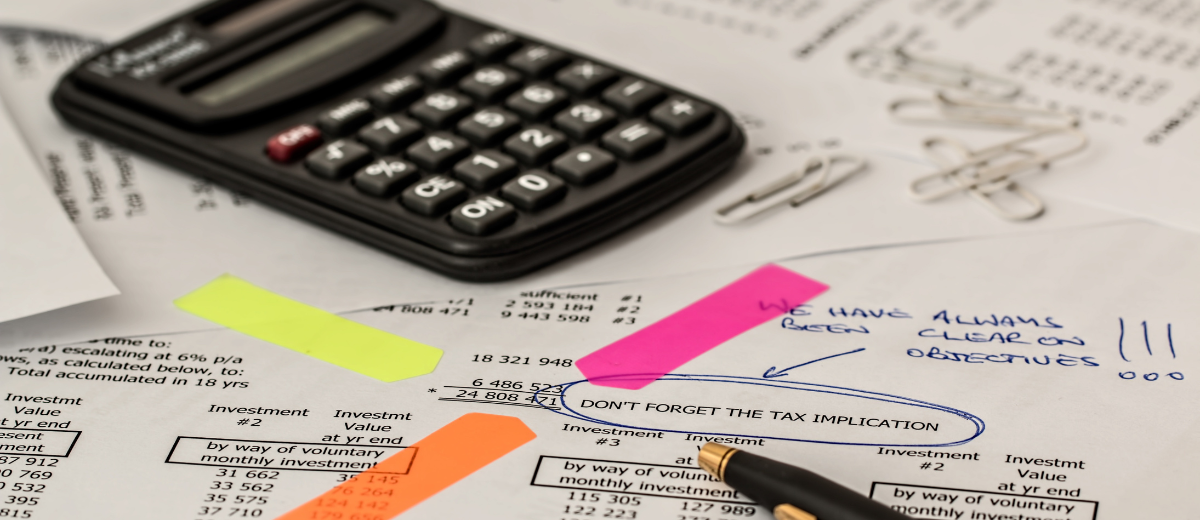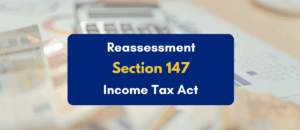Tax Deducted at Source (TDS) plays a critical role in the Indian taxation system, ensuring that taxes are collected at the source of income. However, issues can arise when TDS is deducted but not credited to the government.
In this blog, we’ll explore the implications of late deduction and late deposit of TDS, along with the associated penalties and consequences.
Interest on Late deduction and Late deposit of TDS
| Section | Nature of Default | Interest subject to TDS/TCS amount | Period for which interest is to be paid |
| 201(1A) (i) | TDS not deducted (fully/partly) | 1% per month | From the date on which tax is deductible to the date on which tax is actually deducted. |
| 201(1A) (ii) | TDS not deposited to the government after deduction (fully or partly) | 1.5% per month | From the date of tax deduction to the date of deposit |
It’s crucial to adhere to these regulations to avoid further complications.
Consequences of Non-Remittance of Deducted TDS
Failing to remit TDS to the government can lead to severe consequences for the deductor, including:
- Disallowance Under Section 40(a)(ia): Payments made for expenses may be disallowed for tax purposes.
- Raising of Demand Under Section 201(1): The authorities may raise a demand for the unpaid TDS.
- Charging of Interest Under Section 201(1A): Interest at the rate of 1.5% per month may be levied on the late deposit of TDS.
- Levying Penalty Under Section 271C: A penalty equal to the amount of TDS that should have been deducted may be imposed.
- Prosecution Under Section 276B: Non-compliance may result in imprisonment for a minimum of three months, extending up to seven years, along with fines.
Penalties for Late Filing of TDS Returns
Penalty Under Section 271H
The Assessing Officer can impose a penalty on individuals or entities that fail to file TDS/TCS statements within the due date. The minimum penalty is ₹10,000, which can extend up to ₹1,00,000. This penalty is in addition to any late filing fees under Section 234E and also applies to incorrect TDS return filings.
Penalty Under Section 234E
If a person fails to submit TDS/TCS statements on time, they must pay a fee of ₹200 for each day of delay. However, this fee cannot exceed the total TDS/TCS amount. Importantly, this fee must be paid before the submission of the delayed statement.
How Can PKC Management Help With TDS Issues?
Compliance with TDS regulations is essential for businesses and individuals to avoid hefty penalties and legal repercussions.
Understanding the implications of late deduction and non-remittance of TDS can help in maintaining proper financial practices and ensuring smooth operations.
If you have questions or need assistance with TDS compliance, consulting a tax professional can provide valuable insights and guidance.
At Prakash Kochar Consultancy, our team of experts is here to help you navigate the complexities of TDS regulations and ensure compliance with all tax obligations.
Contact us today to learn more!

 Expert verified
Expert verified 

